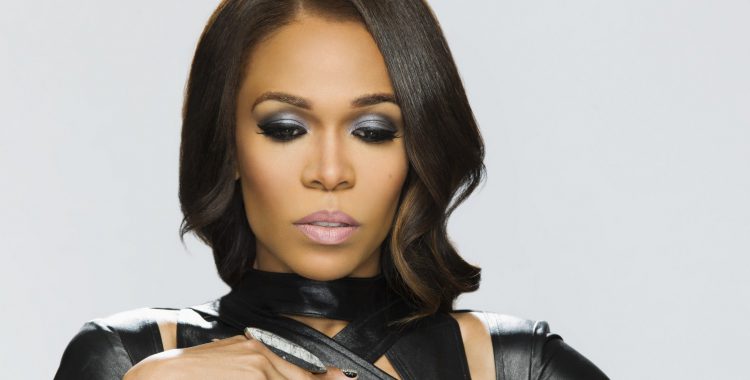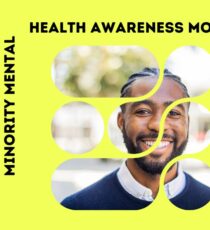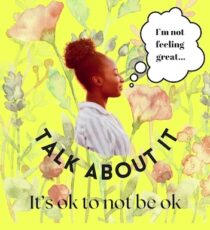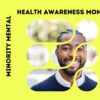
As Minority Mental Health Awareness Month continues, this week we’re focusing on recognizing depression.
Recently singer, Michelle Williams, of Destiny’s Child fame checked into a facility to treat her depression. She tweeted about her decision to address her mental health needs.

It’s awesome that Williams took control of her mental health and sought help. According to the National Institute of Mental Health “6.7 percent of American adults have had at least one major depressive episode in a given year.” But what if you don’t know you’re depressed? How can you ask for help if you aren’t aware you need it? The first time I was depressed I didn’t understand what was happening to me. I just thought I was sad and having a hard time.
Often depression can go undiagnosed and therefore untreated. There is a difference between having a bad day, or set of bad days and being clinically depressed. But how do you know if you’re depressed or just feeling down? Beyond Blue lists the signs of depression and breaks them down under different categories:
Behaviour
not going out anymore
not getting things done at work/school
withdrawing from close family and friends
relying on alcohol and sedatives
not doing usual enjoyable activities
unable to concentrate
Feelings
overwhelmed
guilty
irritable
frustrated
lacking in confidence
unhappy
indecisive
disappointed
miserable
sad
Thoughts
I’m a failure.
It’s my fault.
Nothing good ever happens to me.
I’m worthless.
Life’s not worth living.
People would be better off without me.
Physical
tired all the time
sick and run down
headaches and muscle pains
churning gut
sleep problems
loss or change of appetite
significant weight loss or gain
The organization also has a good checklist to gauge whether or not you may be suffering from depression. Experiencing these kinds of feelings and thoughts for a prolonged period of time isn’t healthy. But it can be difficult to detect depression if you’re getting through your daily obligations and still meeting deadlines at work.
If you feel you may be depressed, the first step to talk with a professional, whether it’s your doctor or a therapist to figure out a course of action. Getting support and treatment are critical to manage and overcome your depression. Please don’t feel as if you have to get through it alone. Let people know how you are feeling and ask for support. Some times that isn’t easy, but try and find the energy and courage to show up for yourself by asking for help.






Social Menu